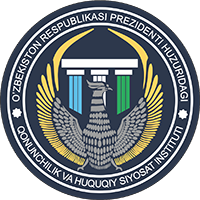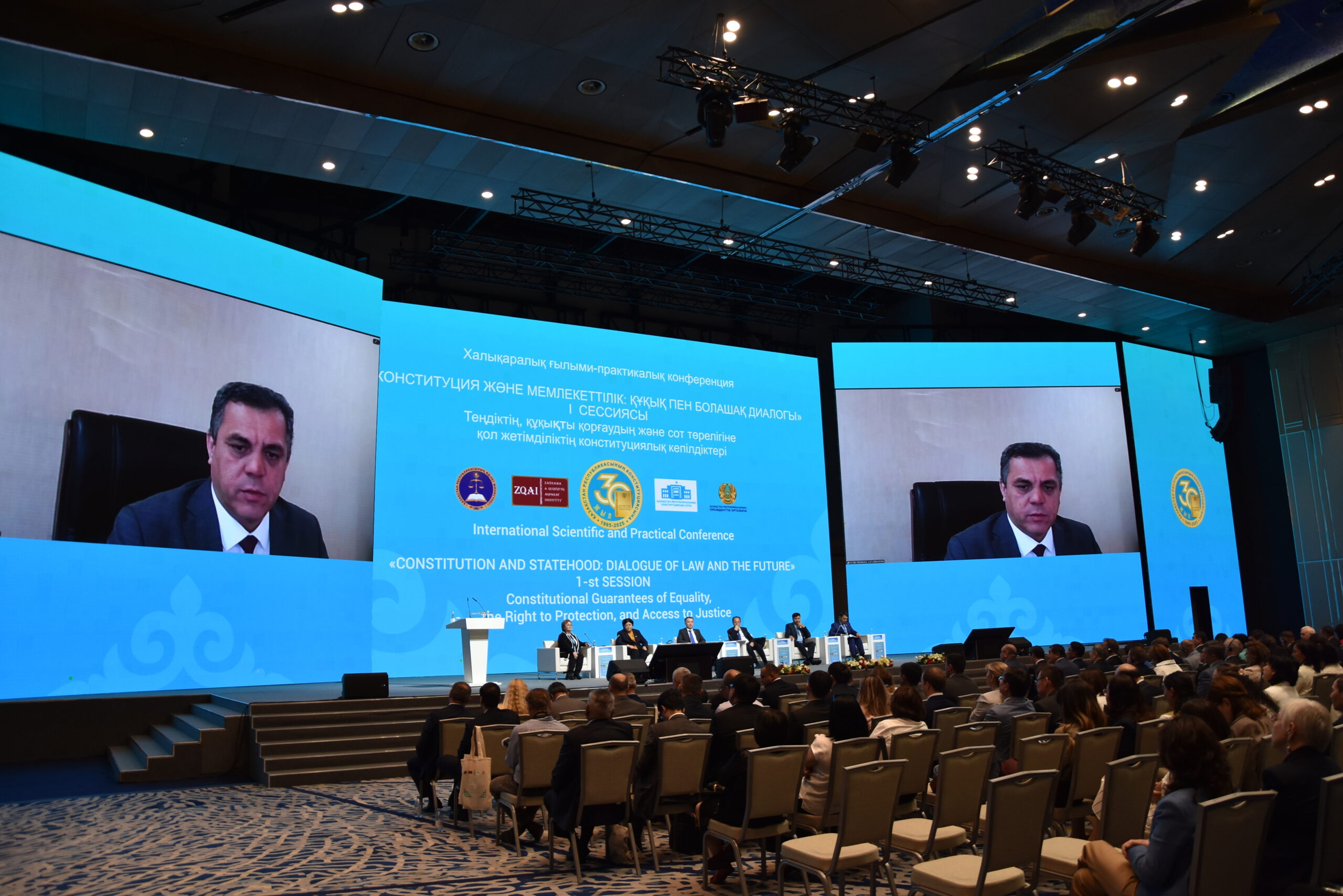On August 28 of this year, the Deputy Director of ILLP, Professor V. Ergashev, took part online in the international scientific and practical conference on the topic “Constitution and Statehood: Dialogue of Law and the Future”, organized by the Ministry of Justice, the Institute of Legislation and Legal Information, the Constitutional Court, and the Presidential Center in Astana on the occasion of the 30th anniversary of the adoption of the Constitution of the Republic of Kazakhstan.
In his speech, Professor Ergashev warmly congratulated the organizers of the conference on this significant date and emphasized that over three decades, Kazakhstan’s Constitution has demonstrated its capacity for evolution, responding to the challenges of the times through the constitutional reforms of 2017, 2019, and 2022. This experience of adaptive constitutionalism – when the basic law remains a “living” document capable of development without losing its fundamental principles – represents a special value for the region.
He noted that in 2023 Uzbekistan also carried out a large-scale constitutional reform aimed not merely at solving current issues but at shaping the legal architecture of the future. As a result of these reforms, guarantees of human rights were strengthened, parliamentary oversight was expanded, the principle of “Uzbekistan as a social state” was enshrined, and, most importantly, a constitutional foundation was created to respond to challenges that are only beginning to emerge.
It was also highlighted in the speech that Central Asian constitutionalism is unique in combining centuries-old traditions of statehood with modern democratic institutions. This dialogue between historical experience and innovative approaches creates a distinctive model of legal development. The constitutions of the countries in the region do not mechanically copy foreign models but creatively adapt universal principles to national contexts. The mahalla institution in Uzbekistan and the maslikhat system in Kazakhstan are examples of how traditional forms of self-government are integrated into the modern constitutional system.

